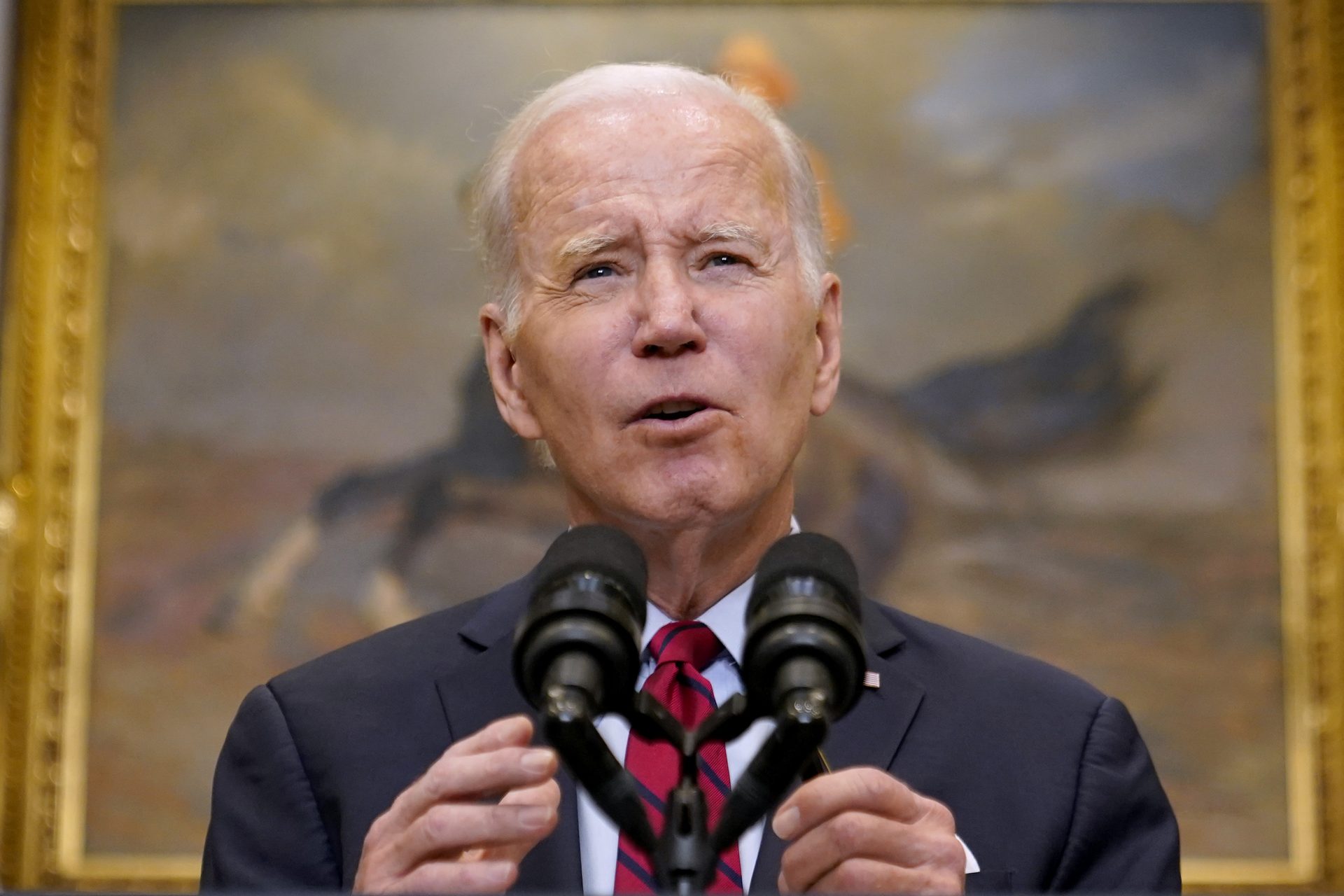MCALLEN, Texas – Luis Torres, a senior business economist in the San Antonio Branch of the Federal Reserve Bank of Dallas, spoke recently at UT-Rio Grande Valley’s Vistas from Texas event.
Torres focused his presentation on maquiladoras, nearshoring, and the impact of China on the Mexico’s economy.
Vistas from Texas: An Economic Outlook was co-sponsored by the Federal Reserve Bank of Dallas, UTRGV’s Robert C. Vackar College of Business and Entrepreneurship, UTRGV’s Center for Border Economic Studies, and the university’s Department of Economics.
The event, held at UTRGV’s corporate headquarters in McAllen, was organized by Salvador Contreras, professor of economics at the Robert C. Vackar College of Business & Entrepreneurship and associate dean of the graduate college at The University of Texas Rio Grande Valley.
 Luis Torres
Luis TorresIn his presentation, Torres said Mexico has emerged as a key player in the US China trade war. He said that with the disruption to supply chains caused by the pandemic, more companies that were based in China are now relocating to Mexico and Vietnam.
“Mexico is now our number one trading partner overall since 2023. But since 2022 it’s also been our major manufacturing trading partner,” Torres said.
Torres said the tariffs imposed by the U.S. on China have accelerated that shift. “Around 80% of everything Mexico exports goes to the US. Exports to the rest of the world, has come down. It’s come down to around 20%.”
But with imports it is a different story, Torres explained. “Imports from the US has actually declined, and what they import from the rest of the world has increased,” Torres said. “What Mexico imports from China, manufacturing wise, has increased to over 20%. If you add the US and China, about 60% of the manufacturing imports in Mexico are from the US and from China.”
Torres said nearshoring in Mexico has not yet led to an increase in foreign direct investment. “Actually, the percentage of that total foreign direct investment has gone down,” he said. While many analysts would expect FDI to be “jumping” right now, Torres said, “the FDI numbers are not showing up in the nearshoring effect.”
As for foreign direct investment from China, Torres said this only represents around 5% of all FDI in Mexico.
As for Mexico’s maquiladoras, they have become increasingly more skill-intensive since China entered the World Trade Organization, Torres said. He said Mexico is now specializing in more technology intensive industries.
And, Torres said, while the shift in US trade policy was intended to reduce American reliance on Chinese imports it has also, ironically, increased the dependence of Mexico on Chinese imports.
Here is an audio recording of Luis Torres’ presentation at Vistas from Texas:
Editor’s Note: The above audio news story is the first in a four-part series on UT-Rio Grande Valley’s Vistas from Texas: An Economic Outlook.
The post Torres: Mexico has emerged as a key player in the US-China trade war appeared first on Rio Grande Guardian.
 (2).png)
 8 hours ago
24
8 hours ago
24









 English (US)
English (US)